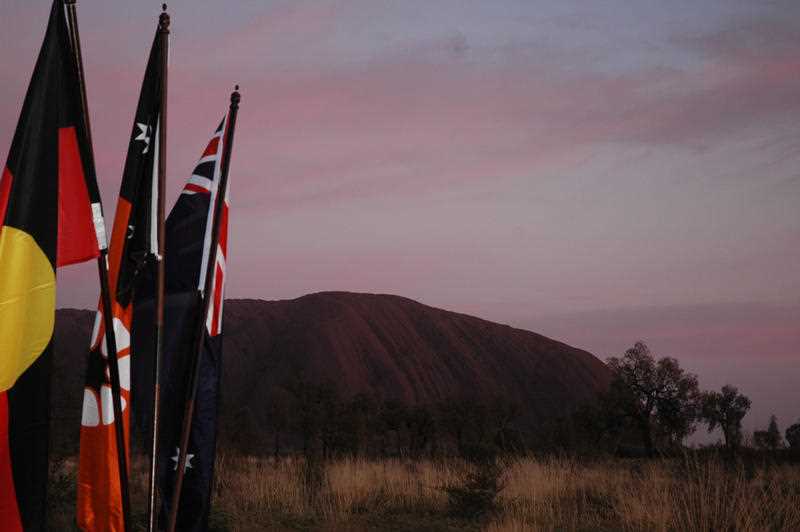The main arguments for both the ‘Yes’ and ‘No’ campaigns for the Indigenous voice to parliament referendum are outlined here by AAP journalist Tess Ikonomou in Canberra.
‘YES’ CASE
* The idea came directly from Aboriginal and Torres Strait Islander people:
“Accepting a proposal backed by more than 80 per cent of Aboriginal and Torres Strait Islander people.”
*Constitutional recognition for concrete results:
“Constitutional recognition is a powerful statement that will drive practical change.”
*Ensure people have a better life:
“The voice is a vehicle to deliver real improvements for Aboriginal and Torres Strait Islander people.”
*Bring our country together:
“Becoming reconciled with our past and moving to a better future.”
*Save money:
“When governments listen to people, they get better outcomes and use funding more effectively.”
‘NO’ CASE
*Risky:
“We all want to help Indigenous Australians in disadvantaged communities. However, this voice is not the answer and presents a real risk to our system of government.”
*Unknown:
“No details have been provided on how members of the voice would be chosen or how it would operate. Australians are being asked to vote first before these details are worked out.”
*Divisive
“Enshrining a voice in the constitution for only one group of Australians means permanently dividing our country.”
*Permanent:
“Putting a voice in the constitution means it’s permanent. We will be stuck with negative consequences.”
*Won’t help Indigenous Australians:
“More bureaucracy is not the answer. There are currently hundreds of Indigenous representative bodies at all levels of government, along with the National Indigenous Australians Agency, which has 1400 staff.”



